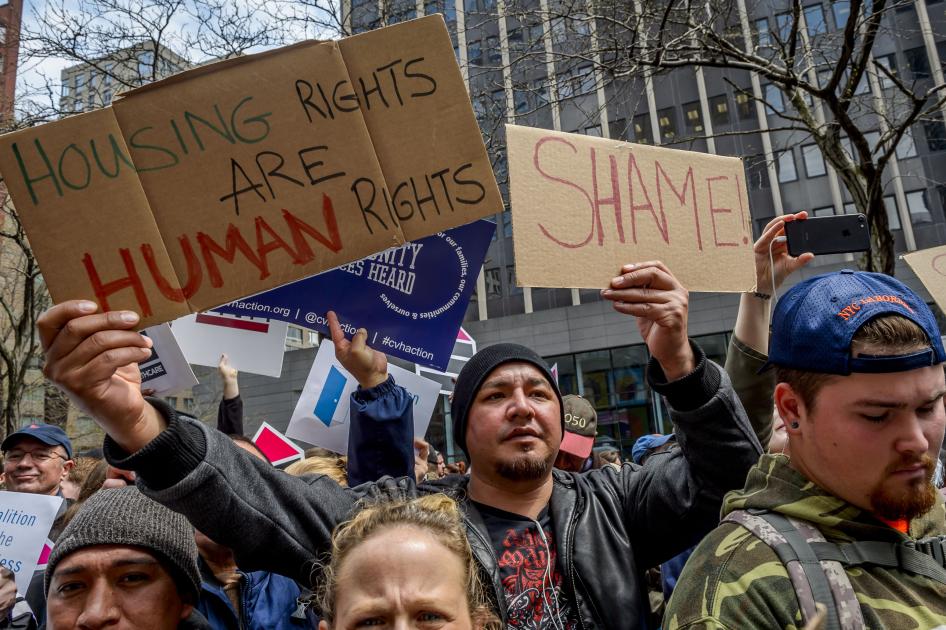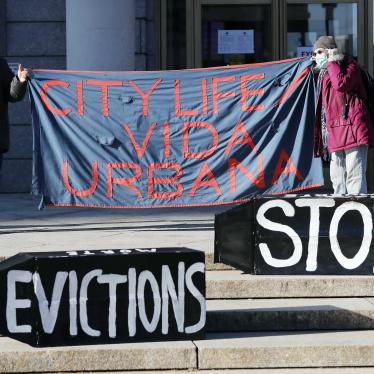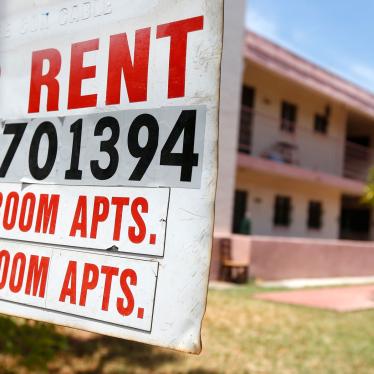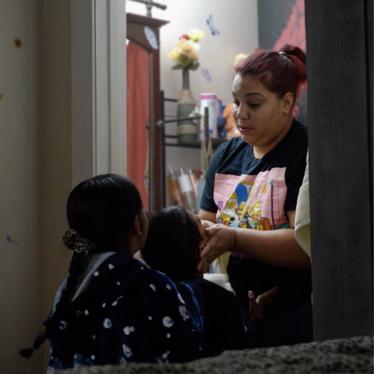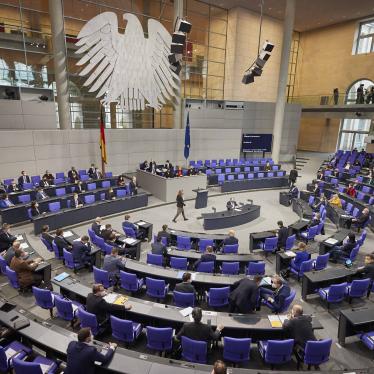President Joe Biden’s recently announced infrastructure plan calls for the federal government to invest $40 billion in repairing America’s public housing stock, a move that could open a new chapter in the nation’s fraught relationship with public housing.
Much of today’s public housing was built following the Great Depression, with the 1937 Housing Act declaring that everyone deserves “decent, safe and sanitary” housing. But changing political tides, driven by an aversion to public housing, led to waves of disinvestment.
For example, the 1998 Faircloth Amendment capped the construction of new public housing units. Between 1995 and 2018, annual federal funding for public housing, accounting for inflation, fell by nearly 50 percent. By 2019, the capital fund backlog for public housing repairs had grown to around $70 billion.
Many residents are forced to live in homes made unsafe by mold, lead, or disrepair. The National Low Income Housing Coalition estimates that over 10,000 public housing apartments are lost annually “because they are no longer habitable.”
Yet public housing remains a critical source of affordable, stable housing for more than 1.8 million U.S. residents — especially women, people of color and people with disabilities. Currently, a worker making the local minimum wage can afford a one-bedroom apartment at fair market rent in just 5% of U.S. counties.
Ramona Ferreyra, an entrepreneur and New York City Housing Authority resident, lives with this tension every day. Her grandmother, who recently passed away, lived in the same NYCHA development for 36 years. Public housing rents are capped at 30 percent of a person’s income; Ferreyra’s grandmother was able to retire because of this stability.
“She loved living in this building,” Ferreyra told me. “There is no way she would have been able to have that quality of life at the end of her life without public housing.”
Ferreyra has experienced this disinvestment firsthand. At one time, repairs were made quickly, but maintenance deteriorated over the decades. A leak in her apartment ceiling has caused chronic water damage and, at one point, left the apartment covered in mold.
The number of NYCHA units with three or more reported deficiencies nearly doubled between 2002 and 2017. Last year, the average non-emergency repair took almost 13 days longer than in 2016. Public housing authorities in communities large and small have felt the pain of dwindling budgets. They’ve needed to take drastic measures to try to keep their operations afloat.
Some, including NYCHA, have resorted to leasing a portion of their housing to for-profit companies. These efforts have been poorly monitored, and some reporters and activists have raised concerns about high eviction rates, poor accountability and inadequate repairs in some privately run developments.
Public housing remains a crucial part of any solution to the U.S. housing crisis. Research indicates that private sector subsidies like the Low-income Housing Tax Credit often fail to provide tenants with housing that ensures the same long-term affordability. For many public housing advocates, creating and maintaining housing that’s truly public is a goal worth fighting for. Ferreyra calls public housing “not negotiable.”
Housing is a human right. No one should have to choose between housing that is unaffordable and housing that is uninhabitable. Allocating $40 billion for public housing is long overdue.
But even if funding for public housing remains in Biden’s infrastructure plan, it will still need $30 billion in maintenance and upgrades. And barriers like the Faircloth Amendment remain.
Biden’s infrastructure plan should spark a renewed commitment to the promise of public housing, guaranteeing that it can help provide safe and affordable communities for years to come.

